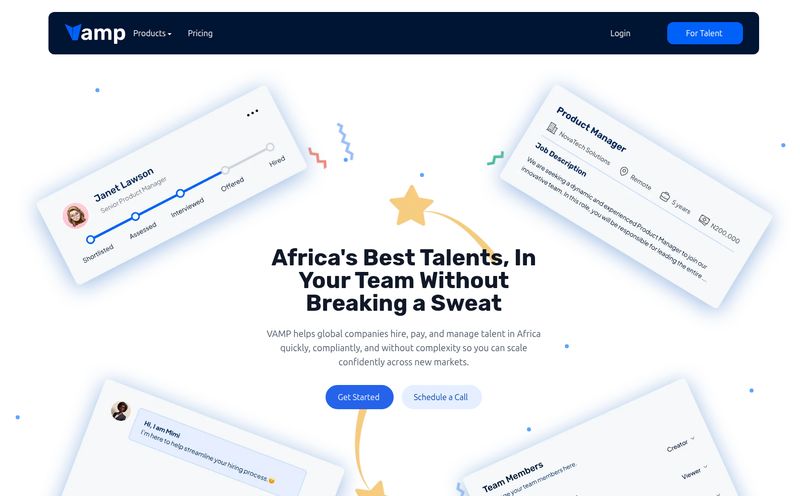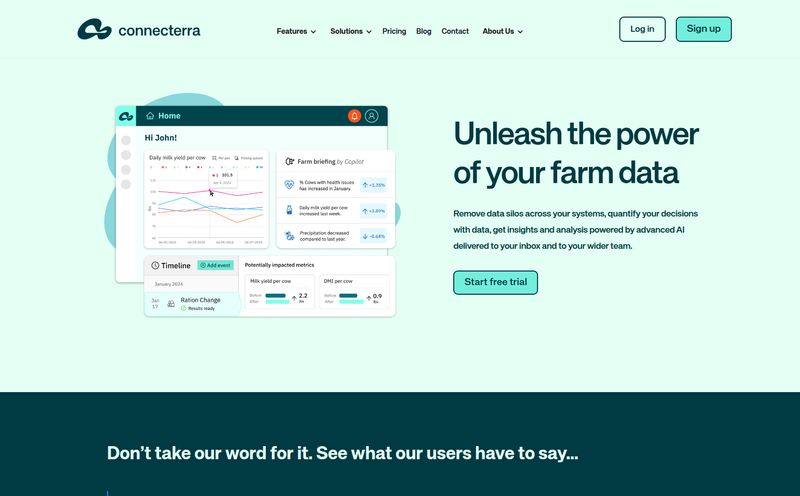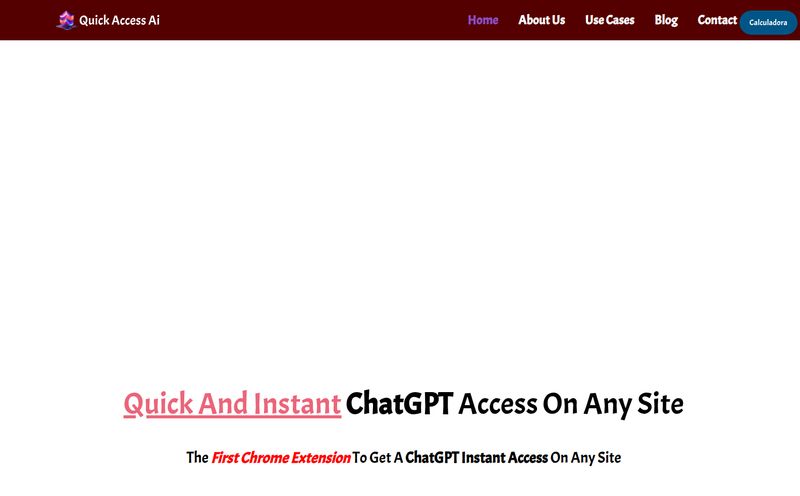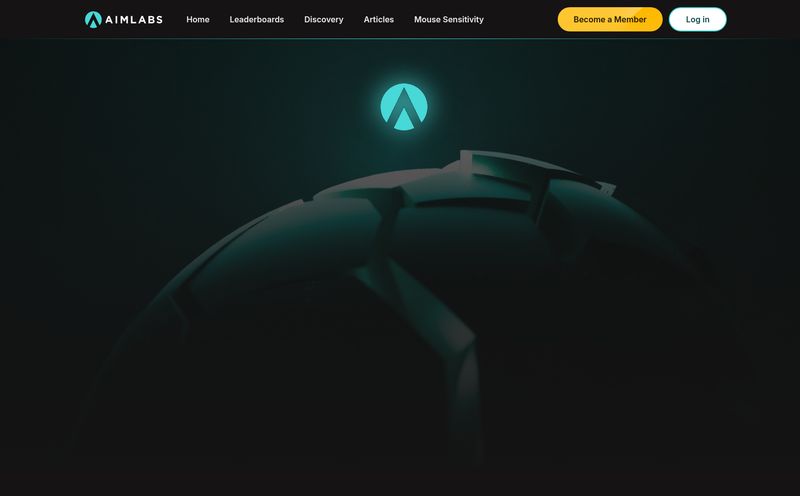User churn. It’s the silent killer of apps. You spend weeks, months, maybe even years building something you're proud of. You pour cash into ads, obsess over your App Store Optimization (ASO), and celebrate every new download. And then... poof. They're gone. A week later, a month later, they've vanished, leaving you wondering what on earth went wrong.
I’ve been in those product meetings. The ones where everyone has a theory. “The UI is confusing.” “They want a dark mode.” “My cousin’s friend said it crashed on his phone one time.” It’s a mess of guesswork and anecdotes. We're all just throwing darts in the dark, hoping to hit a bullseye that stops the bleeding.
For a long time, the answers have been hiding in plain sight, buried in the one place we're almost afraid to look: the app store reviews. It’s like panning for gold, but the river is full of mud, one-star rants, and angry comments about the icon color. But what if you had a tool that could sift through all that noise for you? That’s the promise of a tool I’ve been looking at recently called ReviewHawk.
So, What Exactly is ReviewHawk?
Let's get this out of the way: ReviewHawk isn't magic. It's a smart analysis tool. In simple terms, it plugs into your app store reviews—on both Apple's App Store and the Google Play Store—and acts like a dedicated analyst. It reads everything. The good, the bad, the ugly, and the grammatically questionable. Its main job is to figure out why users are leaving and, more importantly, tell you how to fix it.
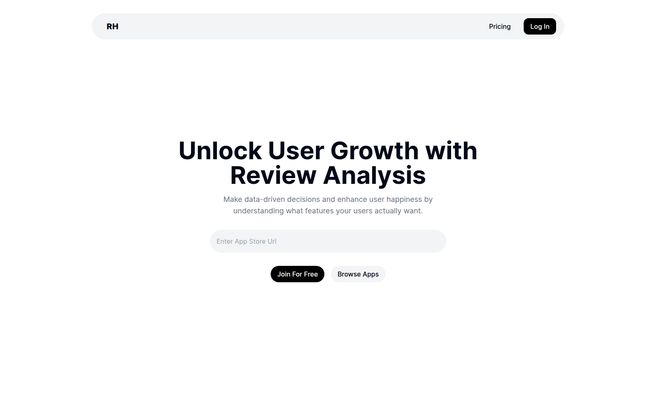
Visit ReviewHawk
Instead of just giving you a vague word cloud dominated by “buggy” or “slow,” it digs deeper. It's designed to pull out concrete themes and transform them into actionable tasks for your team. Think of it as a translator, turning the often chaotic language of user frustration into a clear, prioritized to-do list for your product managers and developers.
The Real Problem ReviewHawk Is Trying To Solve
The core issue for any app team isn't a lack of feedback. It's the overwhelming volume and the terrible signal-to-noise ratio. For every brilliantly insightful three-star review that outlines a specific, reproducible bug, there are fifty one-star reviews that just say “Doesn’t work. Bad.” Useless, right?
This is where I think ReviewHawk finds its footing. It’s built to spot the patterns. It might notice that a cluster of negative reviews all mention a specific phone model or a new OS version. Or it could pick up on a recurring feature request that’s worded differently every time but points to the same underlying user need. This is the stuff that gets lost when a single person is manually scanning reviews between meetings. You see, it's not just about damage control, its about opportunity discovery. That feature your users are actually crying out for might be buried in the comments of a dozen four-star reviews.
"Understanding what features your users actually want." - That line from their website hits home. So many development cycles are wasted on features the team thinks are cool, while users are practically begging for something else entirely.
How It Turns Feedback Into Actionable Insights
This is the part that got my attention. It’s one thing to get a report; it's another to get a task list. ReviewHawk claims to provide “actionable tasks to increase user retention.” This means moving beyond a dashboard of sentiment analysis and into something that directly impacts your sprint planning or product backlog.
For example, instead of just flagging “crashes” as a negative topic, it could potentially bundle reviews to suggest a task like: “Investigate login failures reported by users after the v2.5 update.” Suddenly, you’re not just reacting to fire alarms; you’re being handed a map to the source of the smoke. This saves an incredible amount of time and mental energy for product teams who would otherwise spend hours trying to connect the dots themselves.
The Good, The Bad, and The App Store Reality
No tool is a silver bullet, and as a professional in this space, I'm always a bit skeptical. So let's have an honest look at where ReviewHawk likely shines and where its limitations might lie.
What I Really Like About This Approach
First off, it forces data-driven decision-making. It’s hard to argue for your pet feature when the data clearly shows users are more concerned with a persistent bug or a missing integration. It can end the “loudest voice in the room” problem. Secondly, it directly connects development work to user satisfaction. By fixing the issues real users are complaining about, you improve their experience, which naturally leads to better reviews, higher ratings, and that beautiful, beautiful upward trend in the app stores. And that, my friends, is great ASO. Finally, it's all about reducing churn. By proactively addressing frustrations, you give users a reason to stick around. They feel heard, even if they dont know it.
A Dose of Reality
Now for the flip side. The effectiveness of a tool like this is entirely dependent on the data you feed it. As the old saying goes, garbage in, garbage out. If your app is brand new and only has a handful of reviews, ReviewHawk won't have much to work with. You need a certain volume of feedback for the patterns to become statistically significant. Also, it’s important to remember that this tool provides the what, but your team still needs to provide the how. It gives you a diagnosis, but you still have to perform the surgery. It requires a commitment to actually analyze the tasks and integrate them into your workflow.
Let's Talk About The Price Tag
Ah, pricing. The moment of truth. When I clicked over to their pricing page, it was doing a bit of a dance, showing a “fetching prices…” animation. However, the page headline gives us a pretty good clue: “Find the perfect plan, plans starting at less than $8 / week — cancel anytime.”
To me, that’s a pretty compelling starting point, especially for smaller teams or indie developers. Less than $35 a month to have a dedicated review analyst on your team? That's a bargain. The main landing page also prominently features a “Join For Free” button, which suggests a freemium model or a free trial. This is always a plus in my book. It lets you kick the tires and see if it provides real value for your specific app before you commit any budget.
My Final Take: Is ReviewHawk Worth It?
As an SEO and traffic guy, I see the whole picture. Better user experience leads to higher retention. Higher retention leads to more positive reviews and higher ratings. Higher ratings directly influence your app’s visibility and ranking in the app store. It’s a virtuous cycle.
ReviewHawk seems to position itself as a key lubricant for that cycle. It’s a tool for teams who are serious about listening to their users but lack the bandwidth to do it manually at scale. The fact that it was featured on Product Hunt gives it some street cred in the tech community, too.
If you're a product manager buried in spreadsheets, an indie dev wearing a dozen hats, or a marketer trying to understand user sentiment, it seems like a very low-risk, high-potential tool to investigate. It won't solve all your problems, but it might just be the compass you need to navigate the stormy seas of user feedback and find your way to growth.
Frequently Asked Questions About ReviewHawk
- 1. In a nutshell, what does ReviewHawk do?
- ReviewHawk automatically analyzes all your app store reviews to find out why users are unhappy or leaving. It then turns that feedback into a simple list of tasks for your team to work on, helping you reduce churn and improve your app.
- 2. How does ReviewHawk actually work its magic?
- It uses natural language processing (NLP) and machine learning to read and understand the sentiment and topics within user reviews. It looks for recurring patterns and clusters of similar feedback to identify the most impactful issues and feature requests.
- 3. Is ReviewHawk useful for a brand-new app with few reviews?
- Honestly, it's probably more effective for apps with an established user base and a steady stream of reviews. The tool relies on data volume to spot reliable trends. For a new app, your focus should probably be on getting those first reviews first.
- 4. The pricing isn't super clear. Can I cancel if I sign up?
- Yes, their pricing page explicitly states you can “cancel anytime.” They also advertise plans starting at less than $8/week and offer a way to “Join For Free,” which suggests a flexible, user-friendly approach to billing.
- 5. What kind of actionable tasks does it actually suggest?
- Instead of a vague insight like "users are confused," it might suggest a task like "Clarify the export function with a tutorial tooltip" or "Investigate performance issues on older Android devices" based on specific, repeated user comments.
- 6. Does ReviewHawk offer any integrations with other tools?
- The FAQ on their site asks this exact question, which strongly implies integrations are either available or on the roadmap. For a tool like this, integrations with project management platforms like Jira, Trello, or communication tools like Slack would be a natural and powerful fit.
Conclusion
At the end of the day, growing an app is about building something people love to use. ReviewHawk appears to be a powerful ally in that mission. It’s not about replacing human intuition, but about augmenting it with data. It bridges the gap between what users say and what developers do, translating raw, emotional feedback into a logical, actionable plan. If you're tired of guessing and ready to start listening at scale, it certainly seems worth a look.
